Turns out AI isn't that popular at work – just 4% of workers use the technology in the majority of daily tasks, but developers are among the top early adopters
Software developers and writers are flocking to AI, but other professions aren't fussed

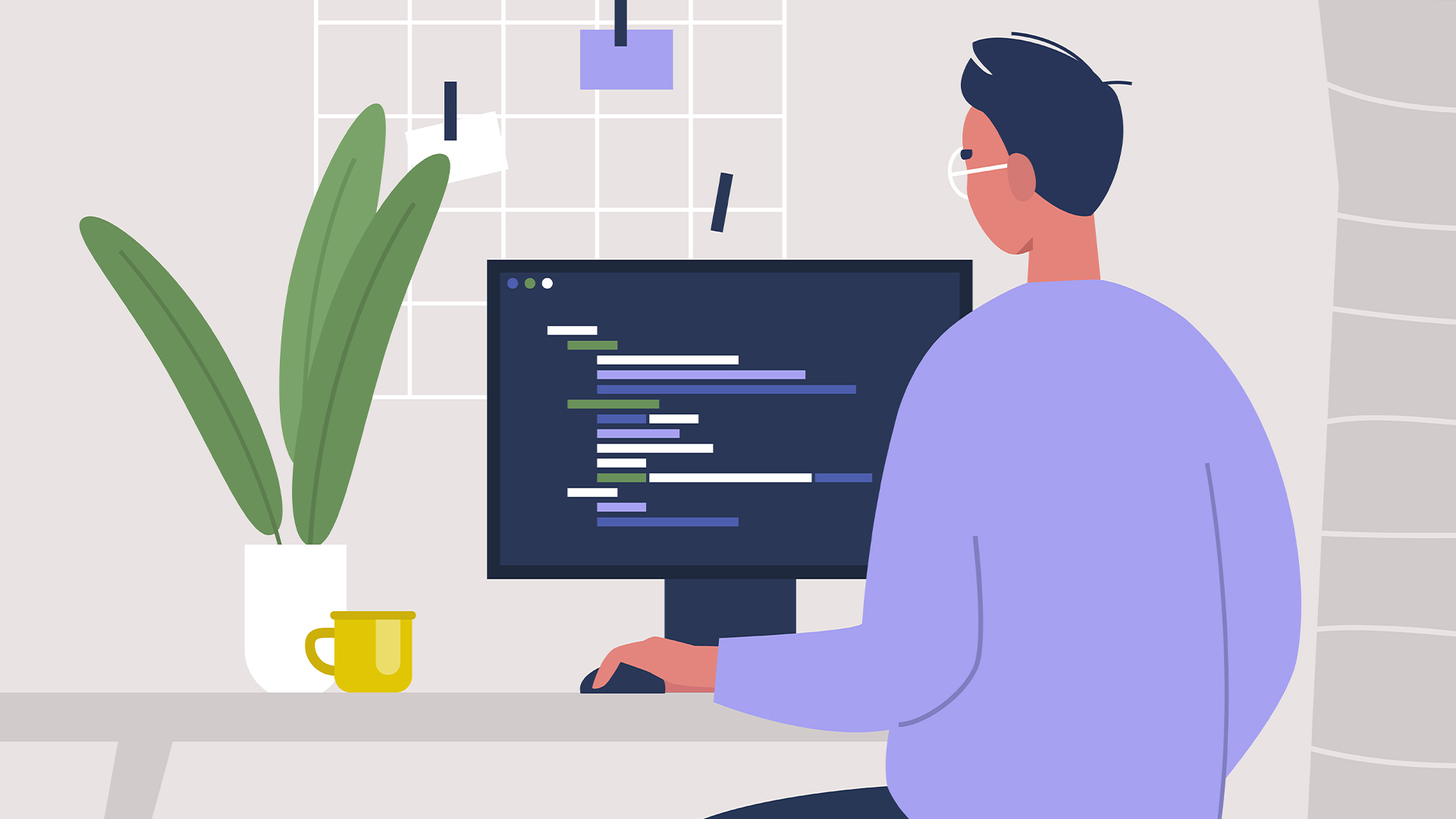
Just 4% of workers are using AI tools in the majority of their daily tasks – but some key professions are flocking to the technology, according to new research from Anthropic.
Researchers at the AI company examined how its Claude model is being used, leveraging the data to help launch its own Economic Index that tracks the impact of AI on the economy over time.
AI is predicted to have major implications for the workforce, but there remains a lack of research into the subject. Because of that, Anthropic examined four million Claude.ai conversations, filtering them through tasks and occupations.
That enabled them to avoid using a survey, instead focusing on the actual data of how the model is used.
Notably, researchers found that half of AI use is currently concentrated in software development and writing, followed closely by analytical roles.
"The tasks and occupations with by far the largest adoption of AI in our dataset were those in the 'computer and mathematical' category, which in large part covers software engineering roles," the company said in a blog post.
"37.2% of queries sent to Claude were in this category, covering tasks like software modification, code debugging, and network troubleshooting."
Sign up today and you will receive a free copy of our Future Focus 2025 report - the leading guidance on AI, cybersecurity and other IT challenges as per 700+ senior executives
A further 10% of queries was from those in arts, media, and design roles, which was largely made up of writing and editing.
Unsurprisingly, roles that require "physical manipulation of the environment" such as construction workers or anesthesiologists, have little use of AI.
"Interestingly, both low-paying and very-high-paying jobs had very low rates of AI use (these were generally jobs involving a large degree of manual dexterity, such as shampooers and obstetricians)," the blog post noted. "It was specific occupations in the mid-to-high median salary ranges, like computer programmers and copywriters, who were—in our data—among the heaviest users of AI."
Plus, the research revealed that AI peaks among top earners, but "drops off at both extremes of the wage spectrum", with the highest earners, such as physicians, and the lowest, such as hospitality workers, using AI very little.
"This pattern likely reflects either limitations in current AI capabilities, the inherent physical manipulation requirements of these roles, or both," they said.
AI use is growing steadily
With just 4% of workers using AI for three-quarters of their work, the study might suggested there is still some way to go until widespread adoption and use.
However, Anthropic found that around 36% of occupations are using AI for a quarter of associated tasks, suggesting that AI has “already begun to diffuse into task portfolios across a substantial portion of the workforce."
They added that it didn't appear any role was entirely completed by AI.
"As we predicted, there wasn’t evidence in this dataset of jobs being entirely automated: instead, AI was diffused across the many tasks in the economy, having stronger impacts for some groups of tasks than others," the blog post said.
The study also revealed that 57% of usage is to augment human capabilities — such as learning or iterating on output — while 43% is automation, such as fulfilling a request without human interaction.
"That is, in just over half of cases, AI was not being used to replace people doing tasks, but instead worked with them, engaging in tasks like validation (double-checking the user’s work), learning (helping the user acquire new knowledge and skills), and task iteration (helping the user brainstorm or otherwise doing repeated, generative tasks)," the company said.
AI in software development has been growing in popularity
The use of AI in software development has emerged as a leading use case over the last two years, with a host of companies launching tools to support devs in their daily activities - and workers have been flocking to the technology.
Research from GitHub last year found that 97% of developers had reported using AI tools at work, and many reported significant benefits from the technology.
Developers using these solutions said they were delivering more secure software, improved test case generation, and better quality code as a result of AI assistants.
The study showed universal agreement among developers that AI coding tools would deliver an overall improvement in code security and help to drive productivity.
RELATED WHITEPAPER

The emergence of generative AI tools also came at a convenient time for many developers, with workers in the profession reporting surging rates of burnout and mental health issues as a result of their roles.
With solutions aimed specifically at reducing strenuous workloads and streamlining processes, AI was always going to represent a tantalizing opportunity.
It’s not all good news for developers using AI, however. A study from Gartner in late 2024 showed many developers and engineers might be forced to upskill in the coming years due to this influx of AI coding tools and a cross-industry push to automate roles.
Concerns over potential AI-related job losses in the profession have been further fueled by big tech exec comments on the potential of the technology.
Meta CEO Mark Zuckerberg recently suggested that engineers could soon be replaced by AI at the tech giant, while Salesforce chief exec Marc Benioff hinted that the firm could introduce a hiring freeze in engineering.
MORE FROM ITPRO
- Want to build secure software? Ditch these programming languages
- AI tools aren't helping devs save time on tasks
- Shadow AI is creeping its way into software development
Freelance journalist Nicole Kobie first started writing for ITPro in 2007, with bylines in New Scientist, Wired, PC Pro and many more.
Nicole the author of a book about the history of technology, The Long History of the Future.
-
 What is Microsoft Maia?
What is Microsoft Maia?Explainer Microsoft's in-house chip is planned to a core aspect of Microsoft Copilot and future Azure AI offerings
-
 If Satya Nadella wants us to take AI seriously, let’s forget about mass adoption and start with a return on investment for those already using it
If Satya Nadella wants us to take AI seriously, let’s forget about mass adoption and start with a return on investment for those already using itOpinion If Satya Nadella wants us to take AI seriously, let's start with ROI for businesses
-
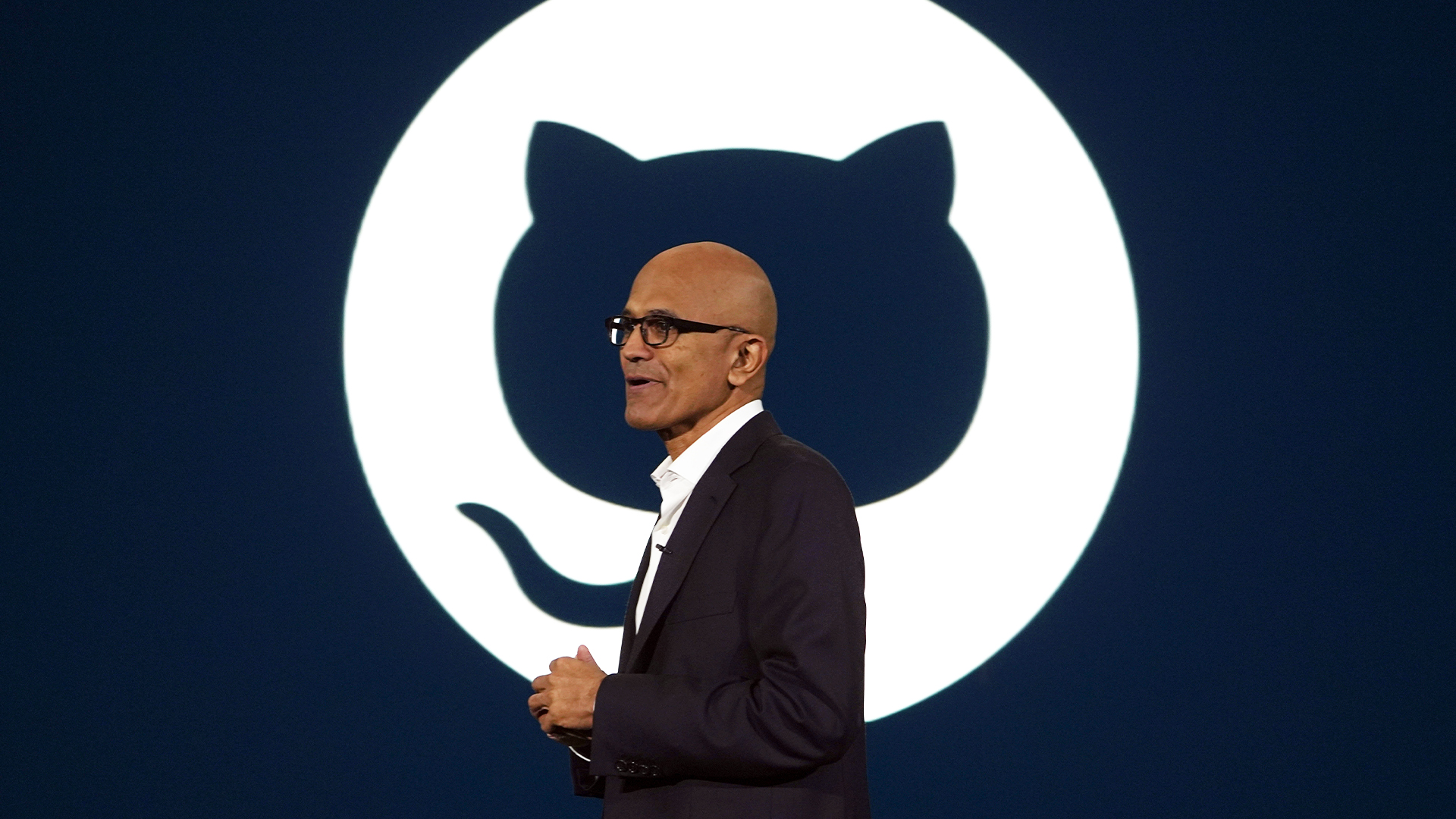 Microsoft is shaking up GitHub in preparation for a battle with AI coding rivals
Microsoft is shaking up GitHub in preparation for a battle with AI coding rivalsNews The tech giant is bracing itself for a looming battle in the AI coding space
-
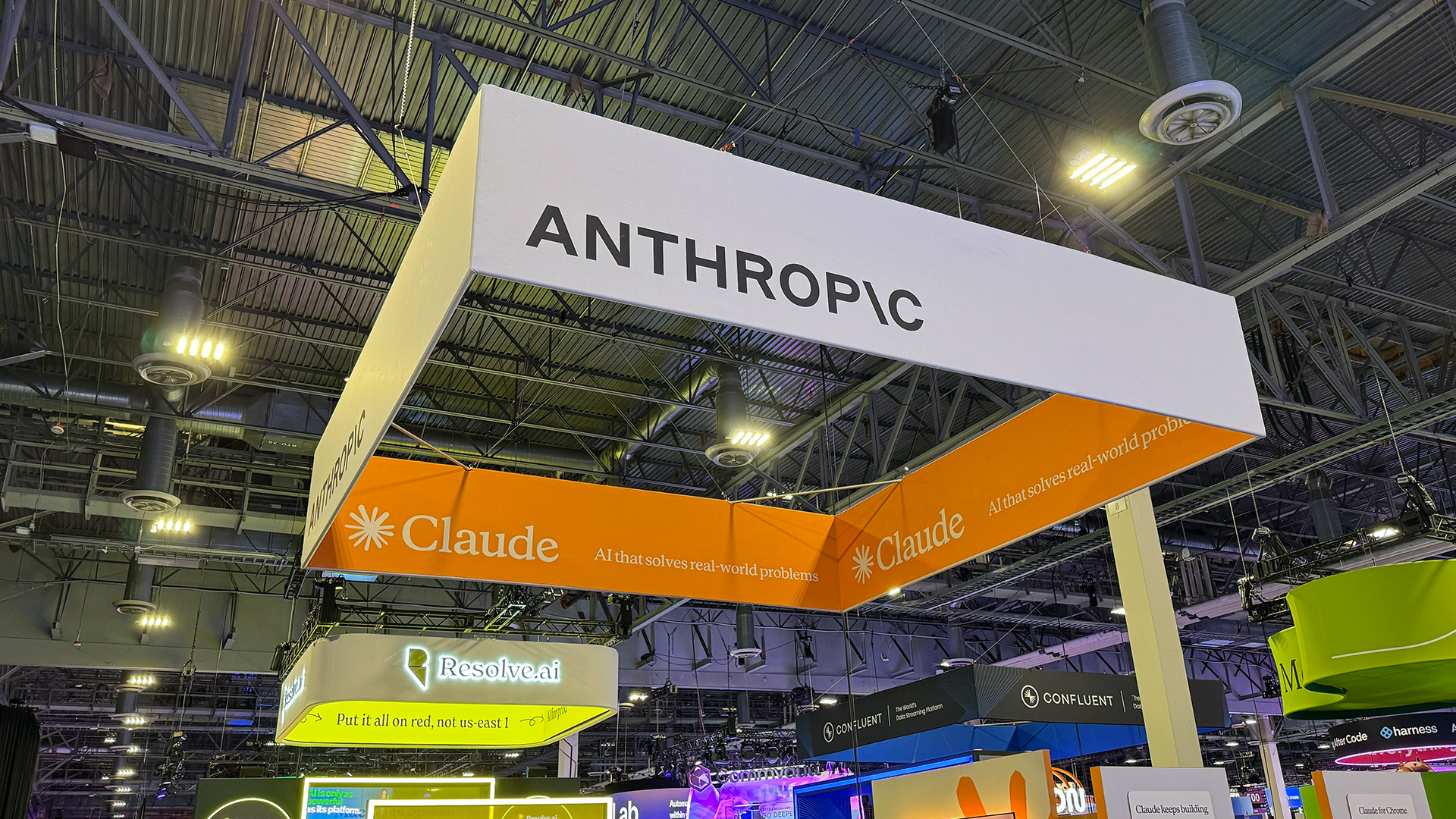 Anthropic says MCP will stay 'open, neutral, and community-driven' after donating project to Linux Foundation
Anthropic says MCP will stay 'open, neutral, and community-driven' after donating project to Linux FoundationNews The AAIF aims to standardize agentic AI development and create an open ecosystem for developers
-
 Claude Code is coming to Slack — here’s how to use it, what it can do, and how to get access
Claude Code is coming to Slack — here’s how to use it, what it can do, and how to get accessNews Users can get access to Claude Code in Slack today and begin delegating tasks
-
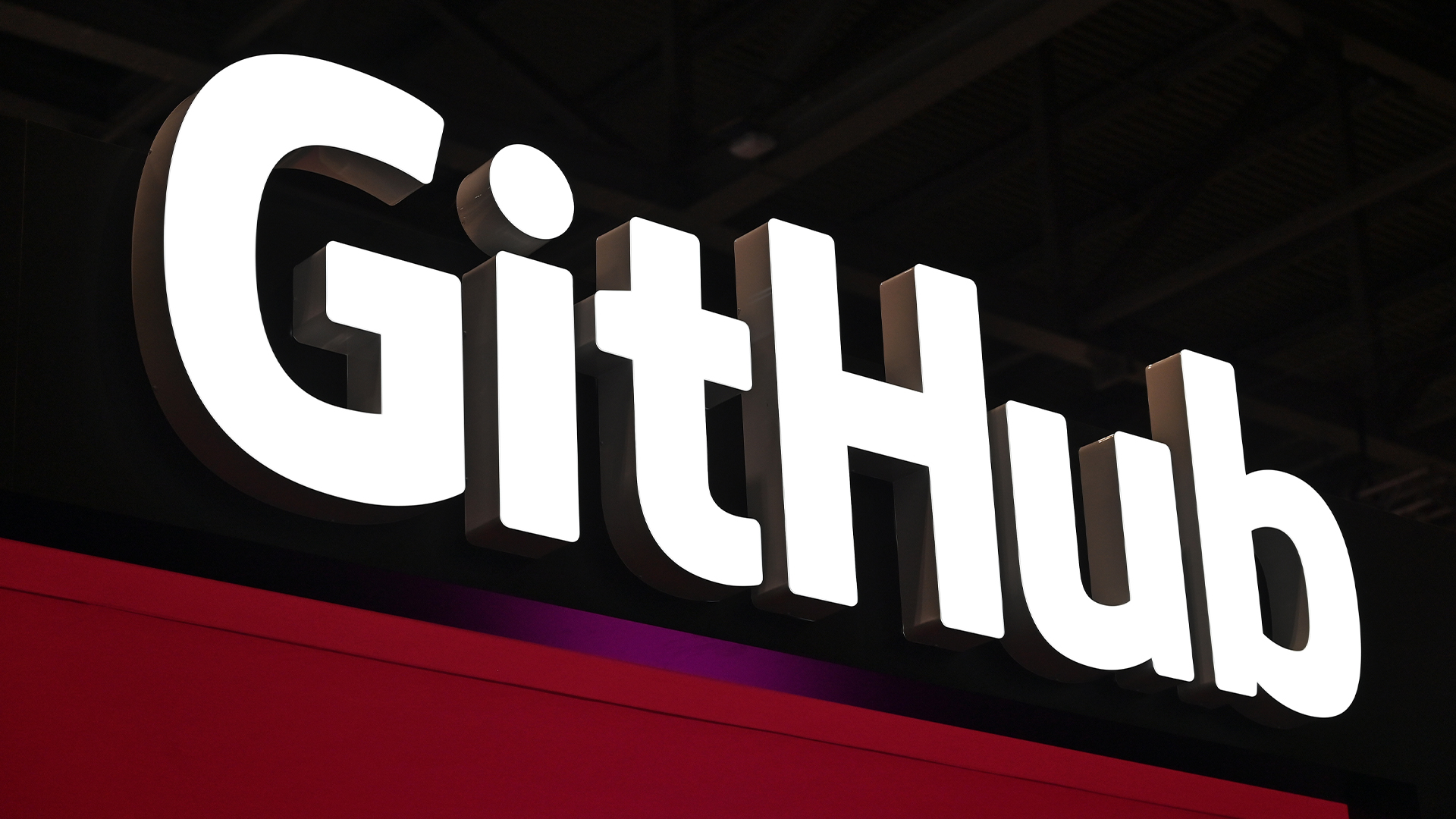 GitHub is scrapping some Claude, OpenAI, and Gemini models in Copilot – here's what you need to know and what alternatives are available
GitHub is scrapping some Claude, OpenAI, and Gemini models in Copilot – here's what you need to know and what alternatives are availableNews GitHub Copilot users are urged to switch to the newer models following the retirement cut-off
-
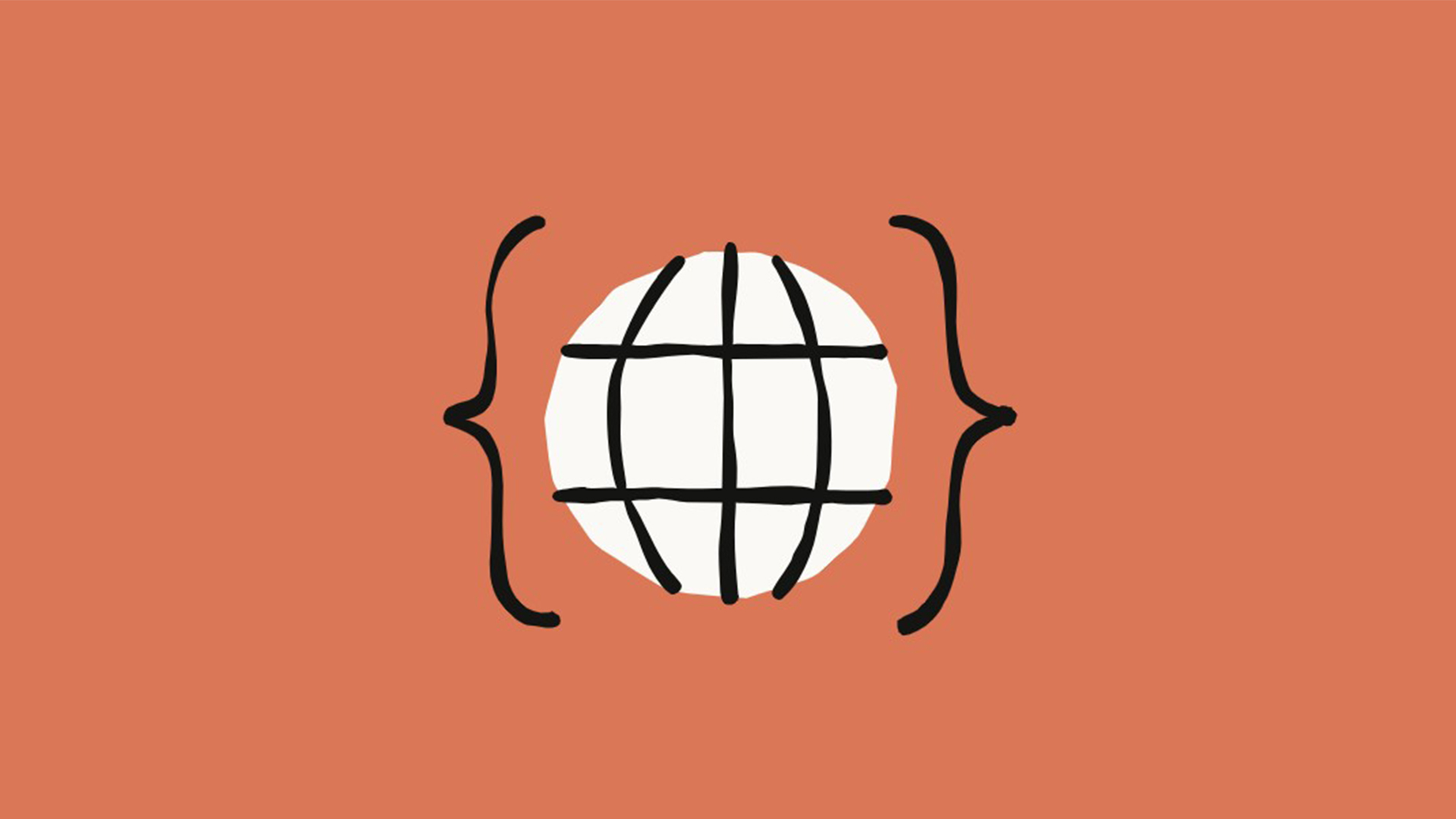 Anthropic’s new Claude Code web portal aims to make AI coding even more accessible
Anthropic’s new Claude Code web portal aims to make AI coding even more accessibleNews Claude Code for web runs entirely in a user’s browser of choice rather than in a command-line interface and can be connected directly to chosen GitHub repositories.
-
 UK government programmers trialed AI coding assistants from Microsoft, GitHub, and Google – here's what they found
UK government programmers trialed AI coding assistants from Microsoft, GitHub, and Google – here's what they foundNews Developers participating in a trial of AI coding tools from Google, Microsoft, and GitHub reported big time savings, with 58% saying they now couldn't work without them.
-
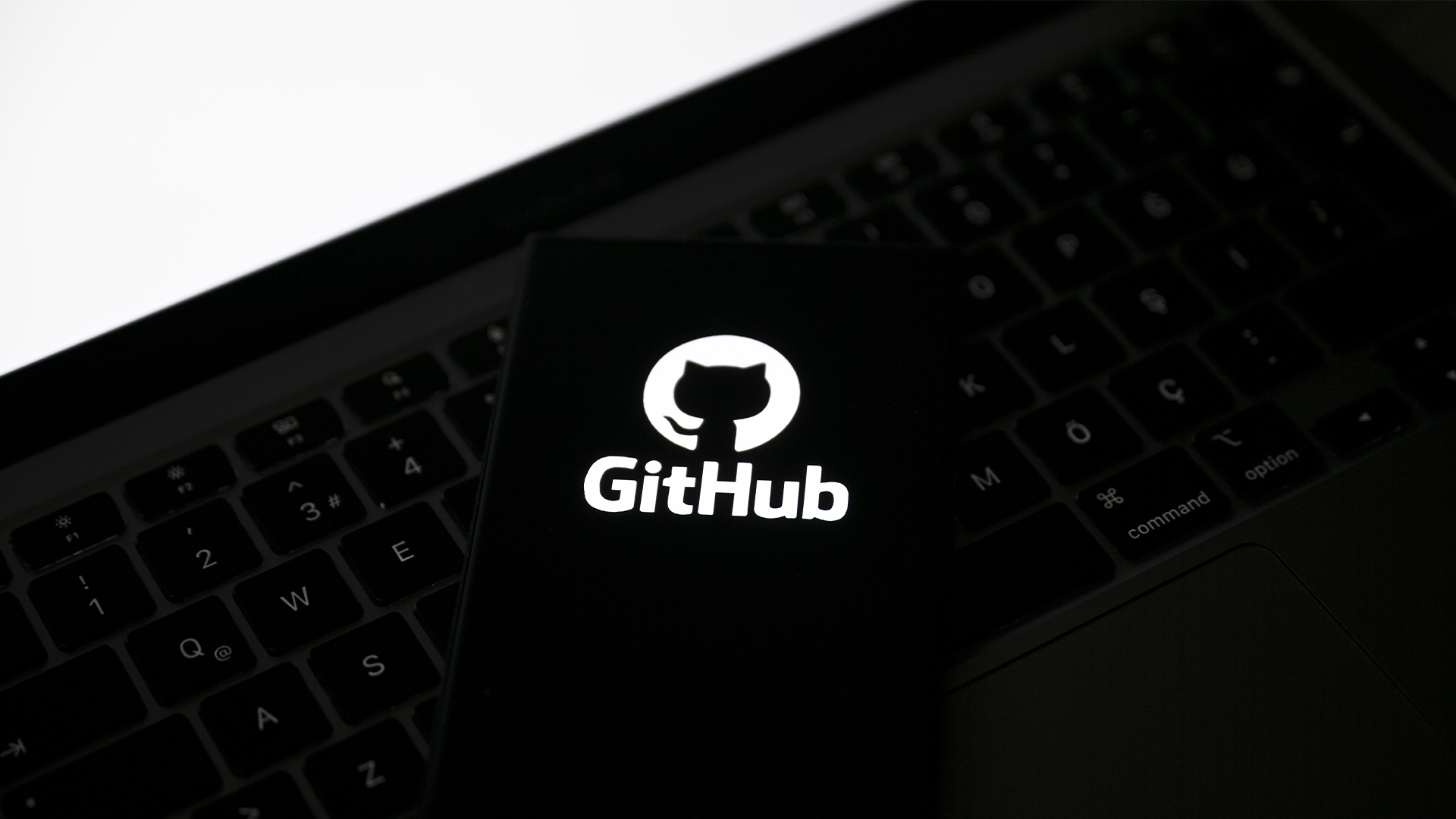 GitHub just launched a new 'mission control center' for developers to delegate tasks to AI coding agents
GitHub just launched a new 'mission control center' for developers to delegate tasks to AI coding agentsNews The new pop-up tool from GitHub means developers need not "break their flow" to hand tasks to AI agents
-
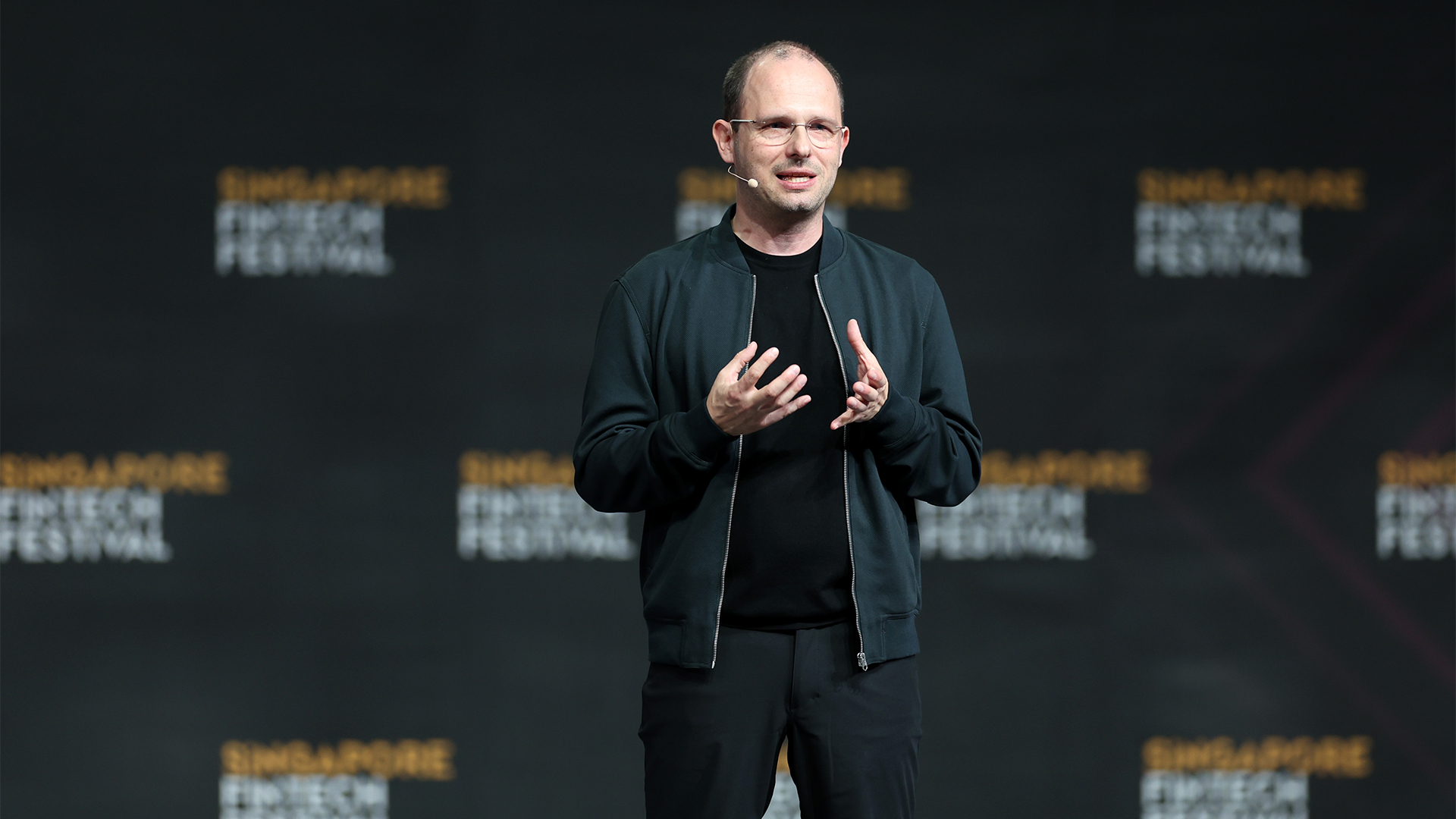 What Thomas Dohmke’s departure means for GitHub
What Thomas Dohmke’s departure means for GitHubNews Thomas Dohmke won't be replaced as CEO at GitHub, with remaining company execs reporting directly to Microsoft's CoreAI division.
